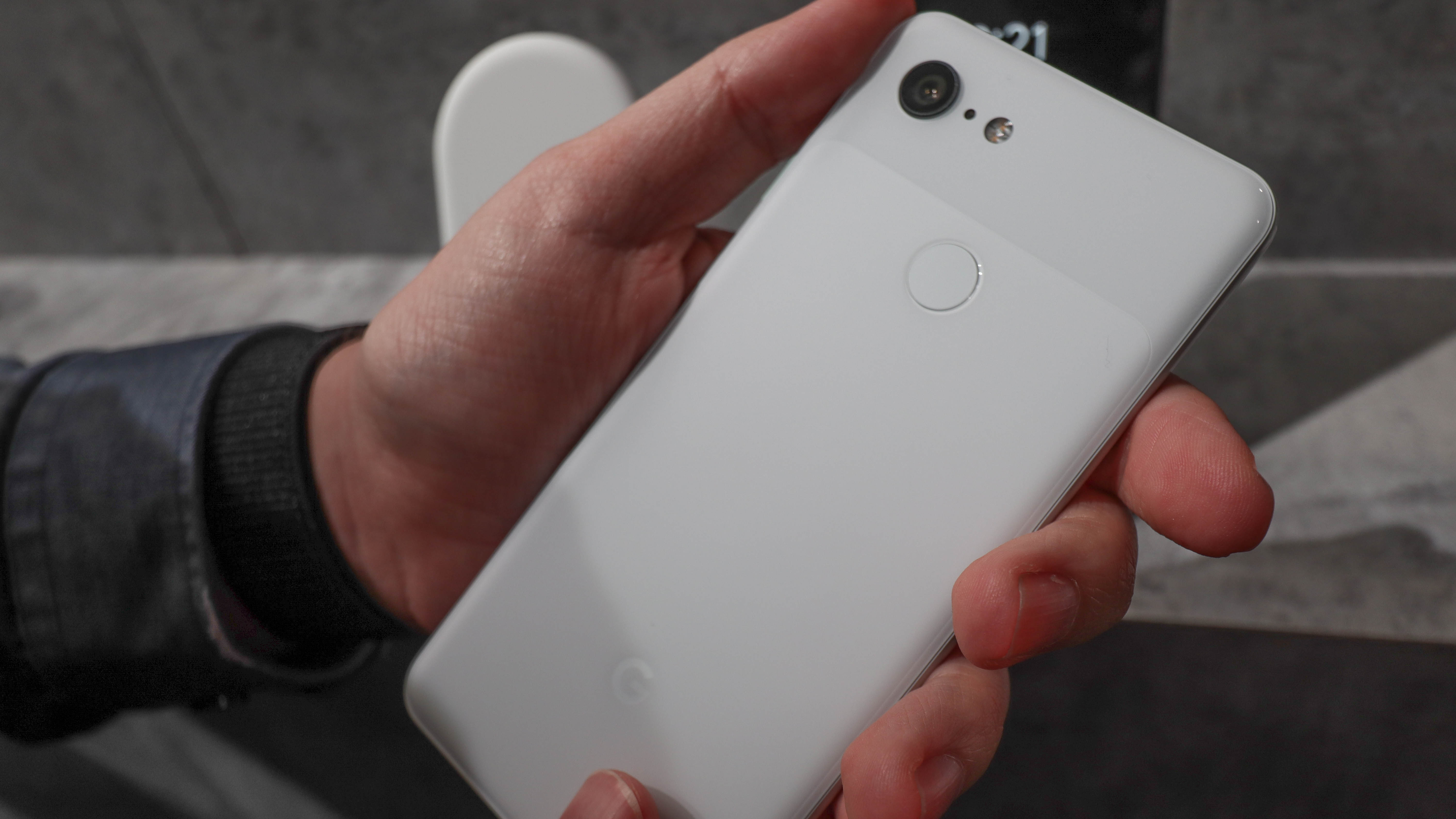Google is buddying up with iFixit to let you repair Pixel phones
You'll be able to get official parts all the way back to Pixel 2

Sign up for breaking news, reviews, opinion, top tech deals, and more.
You are now subscribed
Your newsletter sign-up was successful
Get ready to fix your Google Pixel phone – even your old one.
First Apple and then Samsung jumped on the Right to Repair bandwagon, and now we have a new passenger. Google announced on Friday that it's partnering with iFixit to offer genuine repair parts and guides for Pixels 2 through 6 (including Pro models).
Google says that this partnership will provide replacement parts both to independent repair shops and "skilled consumers", which implies that anyone will be able to waltz onto iFixit's store, buy a Pixel 4 XL battery, and replace it themselves if they're comfortable doing so.
The company and iFixit will sell replacement parts individually or with kits that include the necessary tools to perform a repair. When they're available, Google says cameras, displays, batteries, and more will be sold.
iFixit Fix Kits for Pixel will include the following items: an iOpener pack, replacement pre-cut adhesive, a set of six iFixit opening picks, a spudger, an iFixit opening tool, a suction handle, angled tweezers, a precision bit driver with an integrated SIM eject tool, and 4mm precision bits appropriate for the specific phone.
If you can identify all the things on that list without looking them up, you're probably qualified to do your own Pixel fixing. Meanwhile, if you're replacing a hardware fingerprint scanner, Google provides software to calibrate it for free here.
Years in the making
iFixit's announcement notes that iFixit has been collaborating with Google for five years to make Pixel phones more repairable, which would explain how this partnership expands all the way back to 2017's Pixel 2.
Sign up for breaking news, reviews, opinion, top tech deals, and more.
Neither Google nor iFixit has specified release dates for replacement parts, noting that they will be available "later this year" to customers in the US, UK, Canada, Australia, and EU countries where Pixels are available.
As we mentioned, Google is joining a growing list of manufacturers that are moving forward with repairability principles in mind: Samsung announced a similar partnership recently, while Apple also introduced a replacement parts program for iPhones last year, Valve will be selling Steam Deck parts in a few months, and iFixit says that Microsoft even designed the new Xbox consoles to be more repairable.
Analysis: the consumer is winning
This is good news for consumers and the environment. After years of pressure from Right to Repair groups (and frustrated consumers), we're finally seeing more companies move toward bigger sustainability initiatives.
The Google and iFixit partnership seems to be a very open one, with iFixit maintaining official guides that are available, for free to anyone willing to dive into their device. Google is already partnered with independent electronics repair chain uBreakiFix for both in and out-of-warranty repairs.
Google, though, is no stranger to sustainability programs like this. In February, Google announced the Chromebook Repair Program that encourages schools to seek out and teach simple repairs to IT departments and students. The company noted that this would reduce turnaround times for repairs and teach a valuable skill to students.
ChromeOS Flex also entered beta recently and allows users to install ChromeOS on any machine to increase its lifespan. It's targeted at older devices since ChromeOS is lighter on system resources than Windows and macOS.
Extending the life of aging systems and devices with lightweight OSes and easily accessible repair programs seems like more tangible actions than removing accessories (such as chargers) from new products.

Luke is a nerd through and through. His two biggest passions are video games and tech, with a tertiary interest in cooking and the gadgets involved in that process. He spends most of his time between those three things, chugging through a long backlog of games he was too young to experience when they first came out. He'll talk your ear off about game preservation, negative or positive influences on certain tech throughout its history, or even his favorite cookware if you let him.